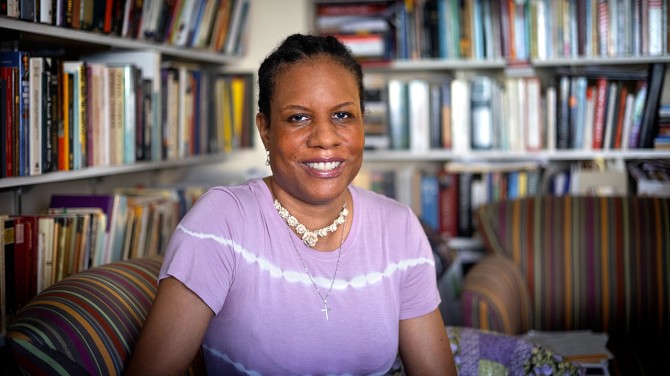A toughened stance against public housing tenants who do the wrong thing, including engaging in illegal activity, damaging property and refusing to pay rent has resulted in a dramatic increase in evictions.
Latest Housing SA data shows evictions spiked after tough new rules around antisocial behaviour was introduced by the Marshall Liberal Government in April 2019, and further toughened in April 2020.
Evictions rose from 143 in 2017-18 to 297 on 2018-19 and 299 in 2019-20.
Some of the main reasons for eviction include tenants who engaged in antisocial and illegal behaviour, poor property condition, damaging property, chronic hoarding, abusive tenants and tenants who refused to pay rent.
The new antisocial behaviour policy gives up to three warnings (one verbal, two written) in relation to antisocial behaviour that is persistent.
It reduces the number of “steps” before seeking eviction from around seven warnings previously, to just three. Illegal activity will lead to immediate moves to evict.
In April 2020, the antisocial behaviour policy was toughened further. When a tenant receives a strike, it now remains active for 12 months, rather than the previous six months.
Specific recent evictions include:
- Police identified 122 cannabis plants on a property.
- Property used to store rifles and stolen property.
- Threatening to harm/kill neighbours, verbal abuse and swearing.
- Property in unhygienic state, including animal faeces and rubbish throughout.
- Excessive hoarding/squalor conditions unresolved by a tenant in times advised by SACAT.
Minister for Human Services Minister Michelle Lensink said Housing SA makes every attempt to help tenants avoid eviction – but tenants needed to meet their obligations.
“We unequivocally do not tolerate the minority of public housing tenants who repeatedly do the wrong thing or flout the law and that includes unacceptable hoarding, abusing and threatening neighbours, refusal to pay rent and illegal activity such as cultivating drugs,” said Minister Lensink.
“Let’s be clear – the majority of SA Housing customers are fantastic tenants who pay their rent on time, respect others and their property.
“However, we want to send a clear message to the minority of South Australian public housing tenants who continually engage in illegal, antisocial and unacceptable behaviour to stop or risk being evicted.”
Tenants who are evicted are offered support by homelessness services, if they want it. However, they will not be able to seek housing with Housing SA for 12 months.
“Staff actively help arrange early intervention support for tenants, but it is up to tenants to engage with the support they need to help them change their behaviour and meet their obligations as a tenant,” said Minister Lensink.
When a customer’s tenancy is affected by a mitigating circumstance like mental illness or DV, housing staff will work with NGOs and other support services to put in place support to help modify their behaviour and identify at-risk behaviour sooner.
The majority of Housing SA customers receive Centrelink payments, meaning they have a steady, weekly income. They are required to pay 25 per cent of their income towards rent.
Community members experiencing antisocial behaviour or have concerns about property condition can make a report to the Housing SA contact centre on 131 299.








